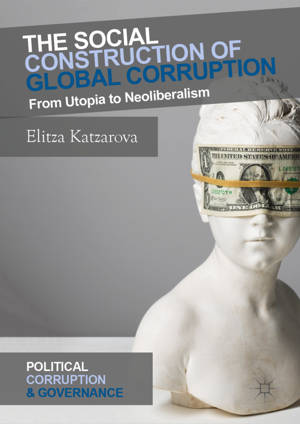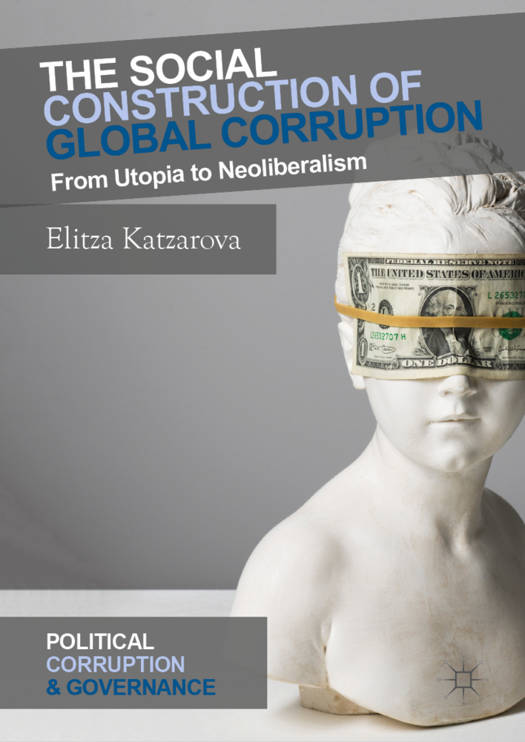
Bedankt voor het vertrouwen het afgelopen jaar! Om jou te bedanken bieden we GRATIS verzending (in België) aan op alles gedurende de hele maand januari.
- Afhalen na 1 uur in een winkel met voorraad
- In januari gratis thuislevering in België
- Ruim aanbod met 7 miljoen producten
Bedankt voor het vertrouwen het afgelopen jaar! Om jou te bedanken bieden we GRATIS verzending (in België) aan op alles gedurende de hele maand januari.
- Afhalen na 1 uur in een winkel met voorraad
- In januari gratis thuislevering in België
- Ruim aanbod met 7 miljoen producten
Zoeken
€ 122,45
+ 244 punten
Omschrijving
This book offers new ways of thinking about corruption by examining the two distinct ways in which policy approaches and discourse on corruption developed in the UN and the OECD. One of these approaches extrapolated transnational bribery as the main form of corrupt practices and advocated a limited scope offense, while the other approach tackled the broader structure of the global economic system and advocated curbing the increasing power of multinational corporations. Developing nations, in particular Chile, initiated and contributed much to these early debates, but the US-sponsored issue of transnational bribery came to dominate the international agenda. In the process, the 'corrupt corporation' was supplanted by the 'corrupt politician', the 'corrupt public official' and their international counterpart: the 'corrupt country'. This book sheds light on these processes and the way in which they reconfigured our understanding of the state as an economic actor and the multinationalcorporation as a political actor.
Specificaties
Betrokkenen
- Auteur(s):
- Uitgeverij:
Inhoud
- Aantal bladzijden:
- 238
- Taal:
- Engels
- Reeks:
Eigenschappen
- Productcode (EAN):
- 9783319985688
- Verschijningsdatum:
- 17/12/2018
- Uitvoering:
- Hardcover
- Formaat:
- Genaaid
- Afmetingen:
- 148 mm x 210 mm
- Gewicht:
- 453 g

Alleen bij Standaard Boekhandel
+ 244 punten op je klantenkaart van Standaard Boekhandel
Beoordelingen
We publiceren alleen reviews die voldoen aan de voorwaarden voor reviews. Bekijk onze voorwaarden voor reviews.









